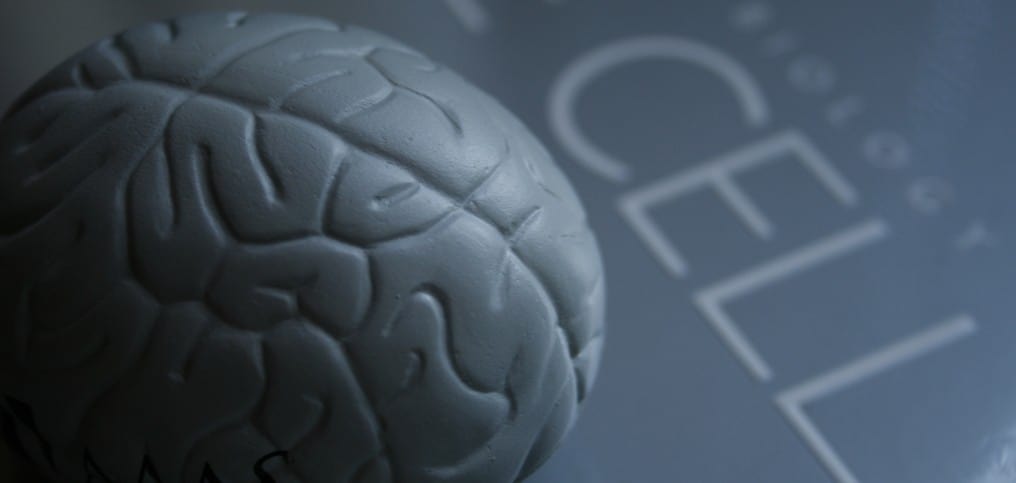
by Rick Téllez
BRAIN DECLINE BEGINS AT AGE 27!
Or says a study from the University of Virginia.
The seven years study, headed by Timothy Salthouse, indicates adults achieve their peak mental performance around 22 and mental decline starts as soon as age 27.
Most of us believe it is inevitable — one day or another our mental abilities are going to shift into reverse. The University of Virginia study seems to confirm that we become slower, less attentive, and more rigid. Unfortunately, this process starts before age 30!
But here’s the good news: in the 21st century we have the tools to avoid brain decline. Not only can we stop brain decline, we can even reverse if we know how and if we are willing to make the effort!
THE PROBLEM OF AGING
Brain performance decreases with age in several cognitive skills:
- Attention decreases. The result is that we have difficulties concentrating on a single thing. It may happen that we are reading a book and after a while, we have to move back and re-read it because we did not pay attention to what we were reading along the last minute.
- Our ability to analyze at the same time different pieces of information decreases, this means, our working memory performance is lower, and it is more difficult for us to hold in the mind different information at the same time.
- Decline in the short-term memory makes us more forgetful. We forget things that we did not forget before, things like where did we put the keys, what is the name of a known person or where did we park the car.
- Processing speed decreases. It takes us longer to understand things and to make decisions.
As a consequence, many people feel reticent to learn new things because they find it more difficult. They would rather rely on what they already know. But avoiding to learn new things accelerates brain decline.
An interesting paradox: brain decline promotes brain decline!
WHY DECLINE HAPPENS
There are many reasons why brain performance decreases with age, including nutrition and genes, but the most basic reason is simply we do not challenge ourselves.
Around peak performance age many of us have already constructed most of our mental automatic systems, those are, structures of thinking that allow us to easily move in the world. You can call them habits. From that age on, we rely on habits for doing almost everything. We feel comfortable using them because we know how they work and what the expected results will be. Hence, we repeat them once and again to solve the same things.
Once we have built our set of habits, we have created our personal comfort zone. The comfort zone is that psychological place were we feel safe and that we control the situation. We know what to do if something happens. We know how to solve the problems that lie within the zone. It is our zone of (mental) relax.
Everything we do in life is related to the creation of our comfort zone. Above everything, we want to be comfortable. Until we achieve this, we work hard and challenge ourselves. Once achieved, we decide to stay within it, making challenge and effort disappear from our lives.
Moving only within our comfort zone has two side effects in the brain:
- One, it strengthens the brain connections of the habits we repeat. This means that the more we do the same thing, the more we are condemned to do it again. So we stay within our comfort zone. We avoid using and training of our other abilities that lie outside that zone.
- Two, the capacity of the brain to create new neurons and connections (called neurogenesis) decreases because we don’t use it to learn new things. Again, the effect is that it will be even more difficult for us to create new connections, that is, learn new things.
At this point, moving away from that comfort zone is very difficult because we have a limited capacity of creating new neurones.
Our normal brain path is already made, and changing it demands a lot of effort. Translation: we feel uncomfortable doing things that we do not master.
By remaining in the comfort zone, our brain is not challenged at all. And without challenge, the brain starts to decrease performance, in the same way as not using our muscles makes them become softer and smaller.
Use it or loose it.
AGE IS NOT IMPORTANT. TIME IS.
The problem of brain decline is not about how long you’ve lived, but how long you’ve been comfortable. The longer it has been since you challenged your mind, the more it time your brain has had to decline.
The solution to this problem is easy: in order to avoid decline we must move away from comfortable situations. We must accept a certain discomfort in our lives to keep our brains sharp for the rest of our days.
How to do this? There are two solutions.
- Brain fitness programs. Studies show these really work. One example is the Insanity Mind program, an extreme brain fitness program I developed. But there are many others: Lumosity, Brain HQ and CogniFit.
- Learn major new things. You can increase your neurogenesis and keep it active by learning major new things like music or a new language. If you already know several languages and don’t want to pick up an instrument, try martial art! What’s important is you keep challenging your brain with new subjects that it did not know before.
LET’S STOP BRAIN DECLINE
We are very lucky of living at these incredible times. We know without intervention our brains declines with time, but on the other side, we also know that this decline can be stopped (and even reversed!) if we eliminate comfort in our lives.
Decline is not mandatory anymore. We have the tools to avoid such type of life where our last years are the worst because all our abilities have decayed and we can do nothing about it but live it with resignation. These are things of the past! I can affirm that brain decline is obsolete if you want to train… so, what are you waiting for?
Start training your brain now!
About Rick Téllez
 Rick Téllez, PhD is an International Personal Brain Trainer. He recently launched the site Insanity Mind about extreme brain fitness, where he teaches routines to upgrade your brain to the next level, and keep it there for the rest of your life!
Rick Téllez, PhD is an International Personal Brain Trainer. He recently launched the site Insanity Mind about extreme brain fitness, where he teaches routines to upgrade your brain to the next level, and keep it there for the rest of your life!






